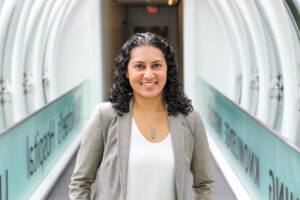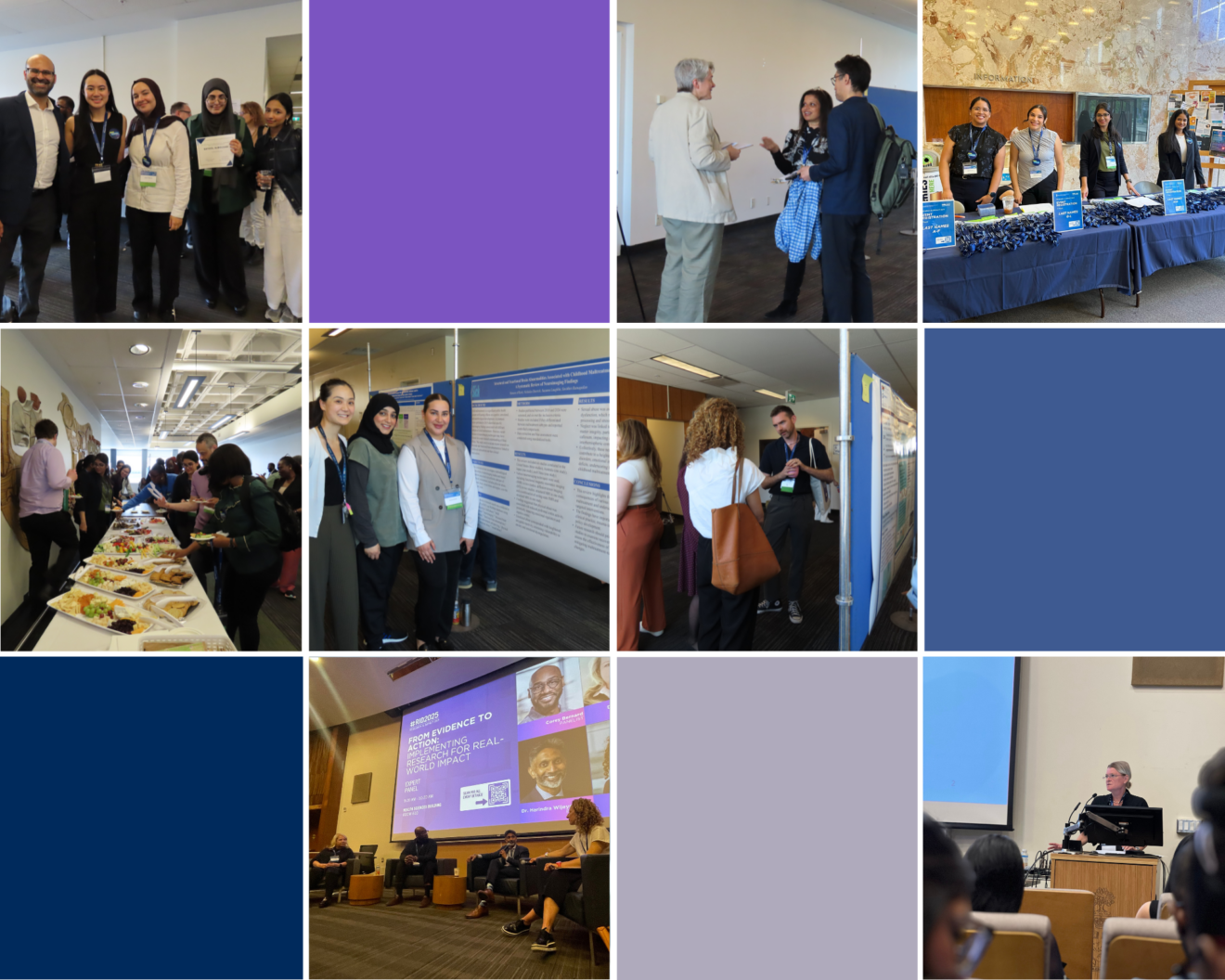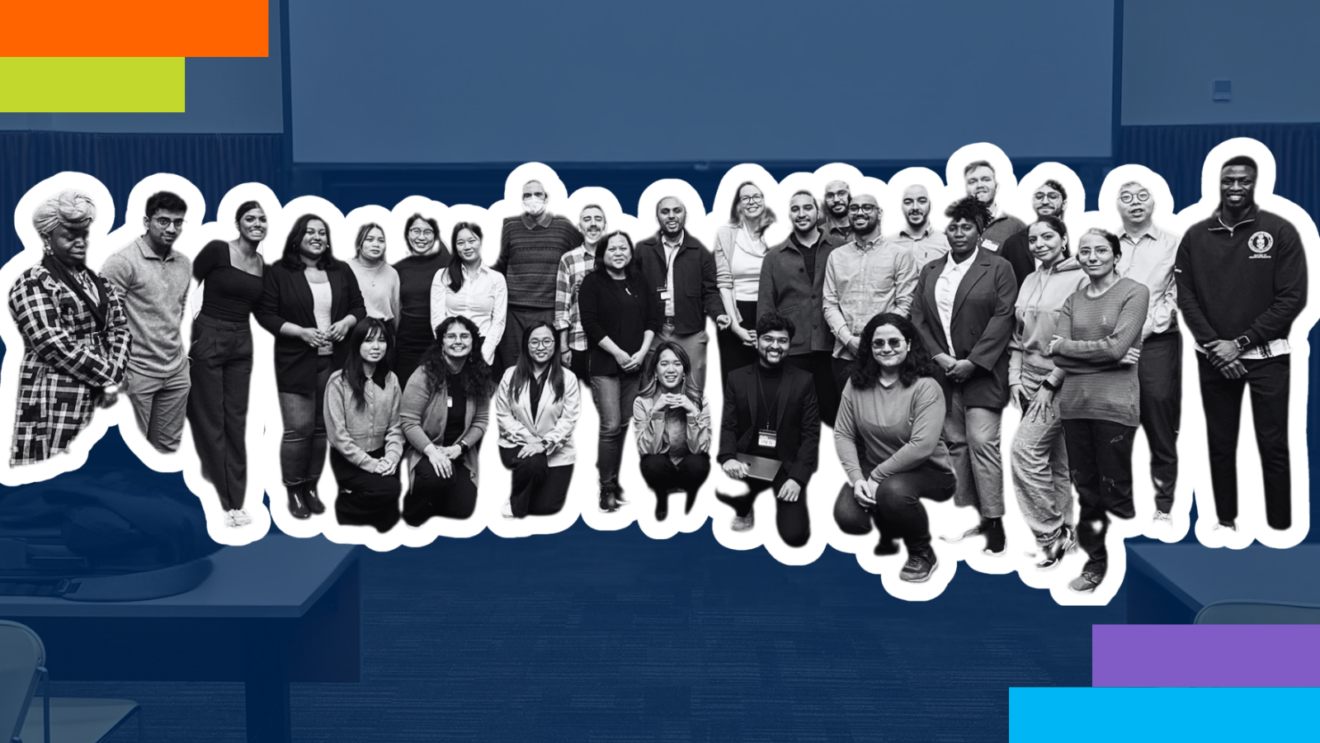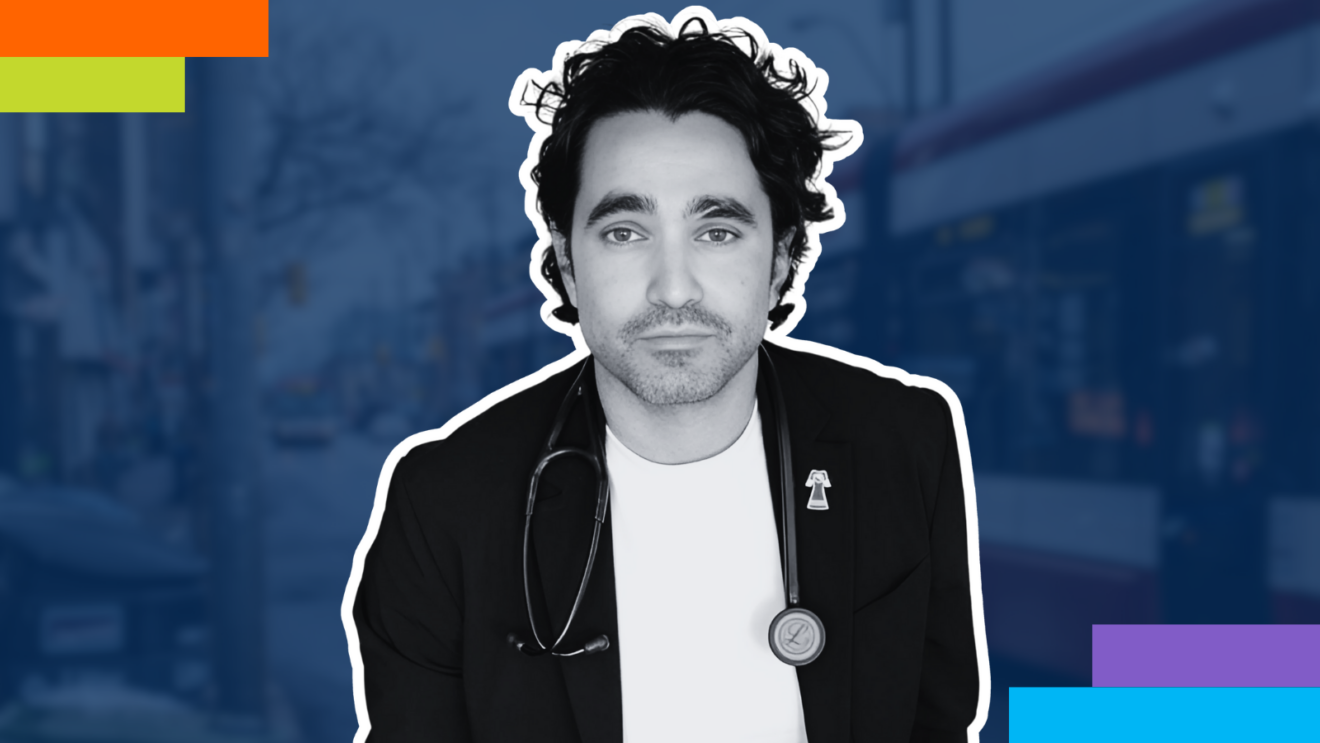
During medical school, Dr. Fahima Dossa thought she would specialize in neurology, but after some clinical rotations she discovered an affinity for surgery. “I remember leaving my surgical rotation satisfied at the end of every day that I personally had done something to contribute to helping the patient with their symptoms and disease process,” says Dossa, who in November 2021 defended her PhD in the Clinical Epidemiology and Health Care Research program at IHPME.
Her doctoral research, supervised by Dr. Nancy Baxter, looks at systemic factors that influence the remuneration and use of the health care workforce. “It’s focused on gender inequity and how that contributes to the gender pay gap in medicine and surgery, as well as the contributors to the pay gap—primarily issues around referral bias in Ontario,” says Dossa, who published a study in JAMA Surgery that shows male doctors in Ontario disproportionately refer patients to male surgeons. Here, Dossa, who is in the penultimate year of her surgical residency, talks to Alisa Kim about her career path, why she is hopeful about the prospect of change in the health system and what profession she might have gone into if she hadn’t pursued medicine (hint: the answer may surprise you).
Why did you want to be a surgeon?
As I started my clinical rotations, I began understanding what specialities fit most with my personality. Those were the specialties where I felt I personally was making a difference each day I went in. I was quite attracted to surgery because of that. I knew I wanted to remain a whole-body physician. I wanted to understand how the entire body functions. I wanted to be able to handle complex medical problems and understand entire disease processes and trajectories. General surgery seemed to fit best with that.
What is the ratio of males to females in surgery?
In general surgery, about 30% of practicing surgeons in Ontario are female. Among residents, the proportion of women is a bit higher. I can speak specifically to the general surgery program in Toronto, which has seen an increase in female trainees, likely due in part to targeted and explicit actions taken to help increase diversity within the program.
Why do you think surgery is male dominated?
I think part of it is related to a hidden curriculum that gets propagated in medical school where female medical students are implicitly trained on which specialties are for ‘women’—what ‘women’s work’ in medicine is. Oftentimes those end up being specialties where they take on a role that fits the gender stereotype of women—specialties where being nurturing and compassionate are at the forefront; the specialties that fit most closely with the “motherly” role women are expected to have in society. I think the qualities stereotypical of women are important in every specialty, but there are certainly some in which those are very much highlighted and those tend to be female-dominated specialties. For example, we see a lot of female trainees in obstetrics and gynecology, and pediatrics. Women get steered away from other specialties where, historically, the characteristics assumed to contribute to success are more closely aligned with the gender schema of men, that is, being assertive, decisive, etc. Surgery happens to be one of these specialties.
As you go through your training, part of how you determine what you want to practice comes down to where you fit in best. And the surgical culture, as it’s still dominated by men, can leave women feeling “othered” or excluded. Although we’re taking targeted action to increase the number of women in the specialty, we haven’t really changed the environment within which those trainees are working. This means that even when women get into surgery, they may still feel as if they don’t belong and this may contribute to attrition.
Why did you want to do a PhD?
I had done some research as an undergrad student and throughout med school. I knew I wanted to continue to do research, but I didn’t just want to dabble—I wanted to learn how to formulate important research questions and see projects through from inception and funding to knowledge translation and potential policy change. I felt this required a new set of skills, including a good grasp of research methods and a better understanding of how to run a research team. The best way to acquire these skills was to be fully immersed in research through a PhD program, which not only exposed me to courses that allowed me to build methodologic expertise but also gave me time to conceptualize projects and see them through from start to finish.
Has your research into the gender power and wage gap in surgery affected how you navigate your profession?
I’m not sure if it’s changed how I navigate the environment. One thing it’s done is it’s helped me understand my lived experience as I go through training. Prior to doing this work, every time I as a trainee had a gendered experience, I very much thought it had to do with me and my skills—that I must not be good enough. In speaking with female surgeons, I heard of a similar sentiment where female surgeons questioned their skills and expertise when they witnessed their male colleagues receive more referrals or when they reflected on the power gap at their institutions. What I’ve come to find in doing this work is when we have these gendered experiences, they’re not personal attacks, they’re not reflections of us individually as physicians or trainees, but rather reflections of systemic issues that are affecting all women in surgery and likely all women in medicine. It’s made it almost easier to move forward despite frequent micro and macro aggressions because those of us who do this work can see these in light of a systemic problem rather than reflections on specific individuals.
Are you hopeful things are changing?
I have hope things can change. I think we’d like to believe that things have changed, and I think they have, to some degree, if we compare the environment to what it must have been like 20 or 30 years ago. The fact that people are talking about these issues openly is a positive change.
However, I think it’s often assumed that inequities will naturally correct as more women enter medicine and surgery and that we can passively wait for this to happen. Our data show this is not the case and that these inequities persist and are sometimes greatest in specialties with greater representation of women. To make head way on these issues, I don’t think we can continue to wait on demographics alone—we can’t assume the fix for this is just opening the door to women in surgery, or to women in medicine. Unless we actively change the environment within medicine and surgery, we are just setting up a greater number of women to be exposed to micro and macroaggressions and gender-based harassment.
I think now is the time to take directed action to create real change.
Do you sense a receptivity to a culture change in surgery?
I think so. Within surgery, we have seen institutions reflect upon their own hiring and promotions processes. We’ve seen issues of diversity and inclusion be at the forefront of grand rounds. We’ve seen journals publish themed issues on equity and diversity. But culture change doesn’t happen overnight. Discussion related to gender and racial bias still remains somewhat taboo and individuals who have highlighted these issues, unfortunately, have sometimes faced professional ramifications.
That being said, this is a unique time—I think the pandemic actually presents an opportunity for change. I think we’ve seen a number of ways in which our health care system can be improved from efficiency and quality perspectives and the changes being implemented to fix these issues can secondarily also address sources of gender and racial inequity. For example, if we can find a way to reduce the surgical backlog that, at the same time, reduces inequities women are experiencing in surgery, I think people would be open to this change.
If you hadn’t gone into academic medicine, what would you have done?
[Laughs.] If I did something completely unrelated, I’d still want something that’s in a high-pressure environment, something where I’d be working with my hands and I’d be seeing results every day. I think the closest thing to that is probably being a chef. I could imagine doing something like that. I think it’d be a stimulating environment.
Related News

Sign up for IHPME Connect.
Keep up to date with IHPME’s News & Research, Events & Program, Recognition, e-newsletter.
Subscribe to Connect Newsletter
Get in Contact
Communications
Marielle Boutin
Email Address: ihpme.communications@utoronto.ca





